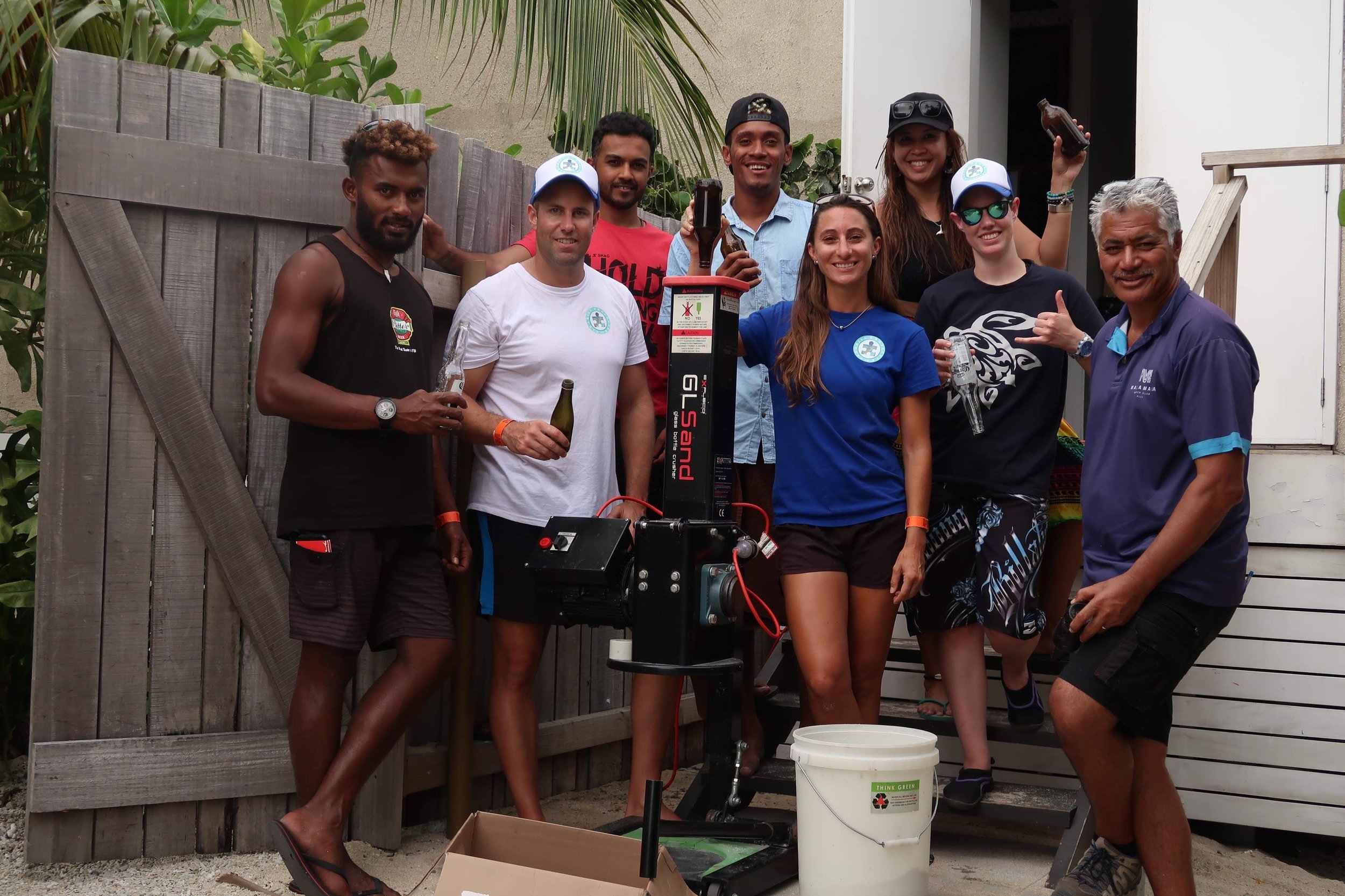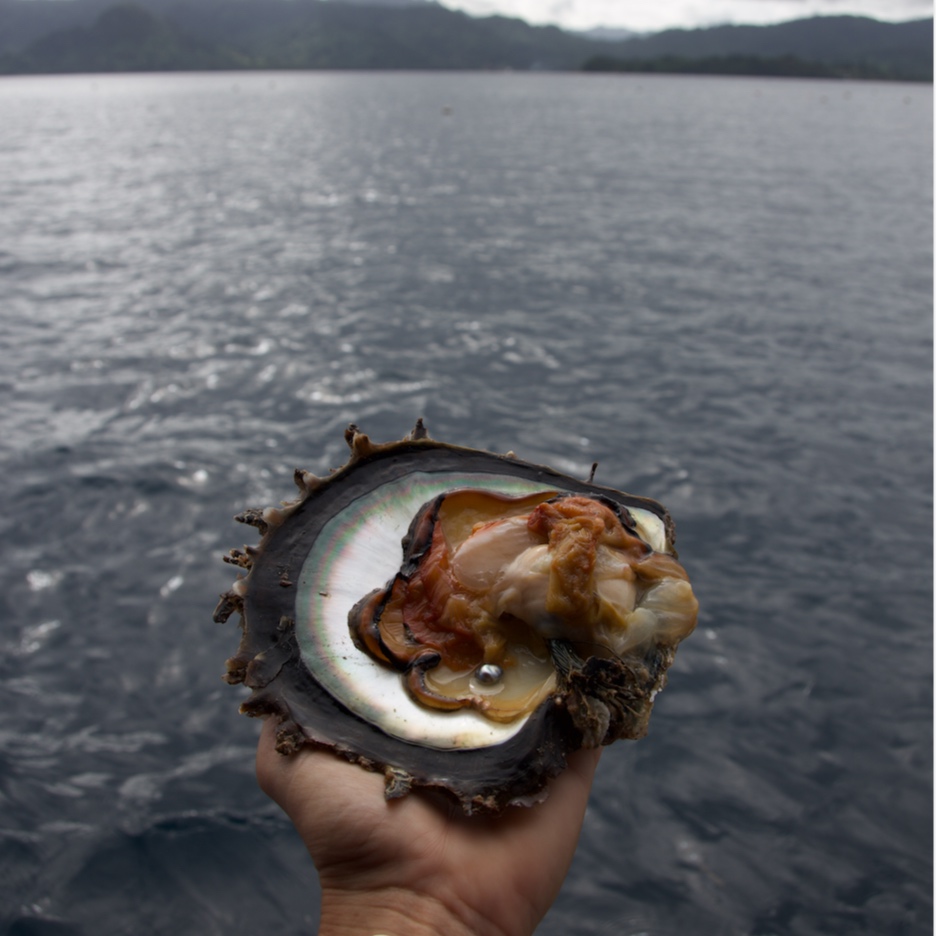Keeping the Environment Healthy is a Communal Effort: It Takes a Village
Plastics Ban
Plastic seemed like a great idea when widespread use began to popularize in the 1960s. Unfortunately we know what happened next: since plastic production began it has been discarded into landfills and dumped into the ocean. According to a study released in 2016, 8 million tons of plastic enter the ocean each year. And as of 2012, scientists estimate over 5 trillion pieces of plastic to be floating in the ocean. If the plastic problem is not taken under control, scientists predict there will be more plastic in the ocean (by weight) than fish. This is a big problem.
In my travels around Fiji, I am constantly offered plastic bags and straws for use and I kindly refuse. My response is always met with a reaction of surprise and confusion. Why would I not want a bag to carry my groceries in? Plastic awareness is not well known in Fiji and people truly don’t understand why I refuse. Luckily, that is all about to change.
The Fiji government recently announced a plan to ban single-use plastics beginning January 2020. Fiji, along with other countries like Papua New Guinea, the UK, Kenya, Taiwan, and others are taking a major leap forward with this commitment. While Fiji currently still hands out plastic grocery bags and straws, if you look closely there are companies already making the switch to environmentally-friendly products.
Turning Glass Into Sand
Unfortunately, plastic isn’t the only product clogging our coastlines; Glass bottles are also an increasing concern. In Fiji there are recycling centers, however, there is no cash refund for doing so. Though studies in Australia have shown that offering a refund for recycling increases recycling efforts, Fiji does not offer a refund at this time. Combined with the remote nature of some of the islands, recycling becomes a difficult option.
During my travels as a Protector of Paradise, I came across a machine that crushes glass bottles into sand. It’s as simple as putting a glass bottle into the machine and seconds later, sand is produced. This glass crushing machine has been at the Malamala Beach Resort for about 4 months and the resort crushes an average 1,000 bottles a day.
Protectors of Paradise with the Malamala glass crushing device.
With many more bottles piled up, this simple machine has been put to great use. The sand product gets mixed into concrete to aid the resorts building efforts.
Pearls
In addition to keeping trash out of the ocean, it's also important to keep the ocean healthy in other ways. J. Hunter pearl farm on Vanua Levu Island grows oysters to not only create beautiful pearls, but also to help support a healthy reef ecosystem. Established in 1999 by Justin Hunter himself, the company follows an Environmental Code of Practice and runs on a Blue Economy model.
Oysters are the ocean’s natural filter, making pearls a limited resource.
Oysters are the ocean’s natural filter, making pearls a limited resource. It takes an average of 3 years to produce a pearl. The oyster farm in Savusavu, Fiji implants about 1,000 oysters per year and only about 500 will survive to produce a pearl. Roughly half of the remaining will produce a commercial value pearl.
There would be no pearls without a pristine environment to grow them in. The workers periodically clean fouling organisms off of the oysters and water quality parameters are continuously monitored. The company ensures the new oysters introduced to the farm are healthy by enforcing a strict environmental code and keeping the bays in prime condition while also benefiting the local fish stocks and communities who rely on the ocean for food and income.
First of their kind in Fiji, J. Hunter Pearls works with the local communities providing jobs for the local villages. They also pay leases to traditional fishing rights owners and provide scholarships to deserving students. This comprehensive Blue Economy model helps improve the village while still allowing them to retain their traditional ways of living.
J. Hunter Pearls produces some of the rarest pearls in the world including colors found that cannot be found elsewhere. Their commitment to the environment and the community truly sets them apart pearl farms, increasing their value and demand.
I’ve learned while traveling as a Protector of Paradise that keeping the environment healthy is a communal effort, spanning all spectrums of industry, community, and business. No effort is too small. Keep striving to do better and share your environmental story with others so they too can help make a change!
Written by Magen Schifiliti ~ Conservation & Education Director at Trilogy
EDITED BY BRITTANY FRISKICS



